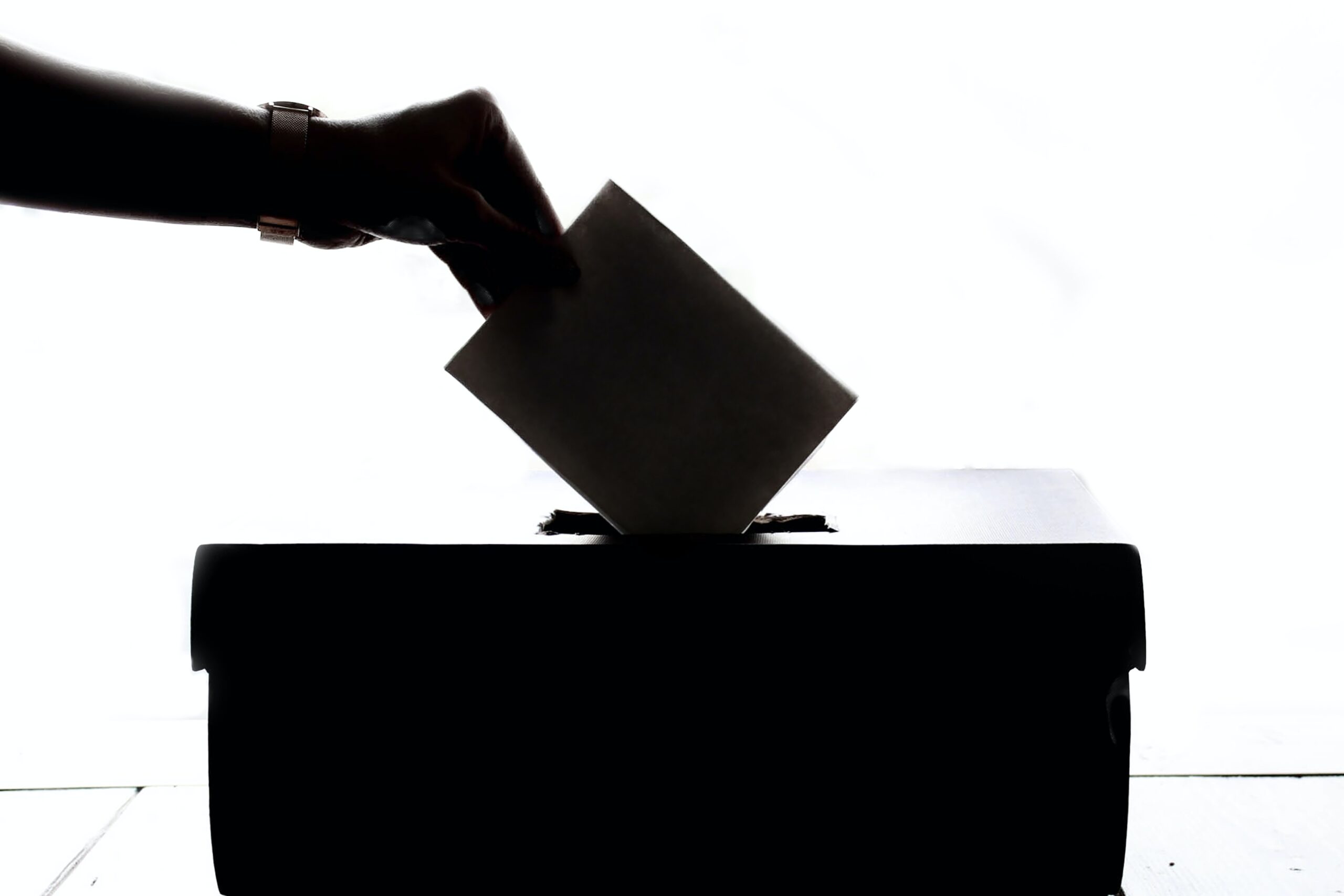
Voting | Photo by Element5 Digital | Pexels.com
The debates of the 2020 election have thus far left voters identifying in all parties with unanswered questions on potential policy changes.
The format of the debates, which doesn’t allow either candidate an extended period of time to respond to moderator questions, has some voters scratching their heads when it comes to knowing which candidate best aligns with their personal belief systems.
“I feel like candidates are speaking in bullet points and it all seems so rehearsed,” said voter Fred Carrier. “I almost feel like you don’t get to know the candidate’s actual feelings towards a subject because they are only given so much time to respond, so it’s all short answer responses.”
Potential solution
In the wake of the first presidential election, popular podcaster and UFC fight commentator Joe Rogan tweeted that he would be willing to host a 4-hour, open-ended conversation between Democratic Nominee Joe Biden and President Donald Trump.
Trump and his campaign immediately responded with a tweet saying “yes”, however the Biden campaign failed to comment on or agree to this open format debate.
Wright State University (WSU) Professor of Political Science Lee Hannah isn’t sure if President Trump would have actually followed through with his tweeted response.
“I’m curious as to if Trump would have followed through with that tweet had Biden accepted the offer as well,” Hannah said. “I suspect he knew that Biden wouldn’t call his bluff. I do however think that an extended length conversation would probably be more beneficial to voters, but I don’t see either party regularly agreeing to such an event because they like to control their message as best as possible.”
WSU Political Science Professor Sean Wilson agrees with Professor Hannah, in that he doesn’t think that this extended length conversation would ever actually come to fruition.
“My guess is the more you change the spectacle away from being a spectacle, the less the audience would be,” Wilson said. “Have you ever noticed that no one watches CSPAN anymore? There is a reason that the Walter Cronkite era in television journalism ended. It became boring for viewers to watch. The more that it becomes about substance, the more it feels like someone is forcing you to eat your vegetables. Politics have become more about drama and entertainment because that’s what draws in the biggest audience. I’m not saying it’s right, but it is what it is.”
Non-voting
As the Nov. 3 Election Day approaches, some voters may be facing the dilemma of whether or not they are going to vote at all.
For some, this is seen as a potential protest towards the system in place and towards the candidates they have to choose from.
“People who do not vote because they think it is a protest towards the system don’t seem to understand the activity,” said Wilson. “It is an obligation that responsible people do without regard to anything else. Don’t think of it as something that is trying to serve you, as if it were calling a pizza joint for takeout; it is rather something that you have an obligation to contribute toward. It is a duty imposed to the responsible.”
Professor Hannah says that voting is an obligation that allows citizens to think critically about issues that affect everyday life.
“You owe it to yourself and to your neighbors to be informed and think critically about issues that you are facing,” Hannah said. “We should all care about the society that we live in and who is making decisions on our behalf. Moreover, if your protest is just about the Presidential election, then you are not doing your part as a citizen because you are skipping the chance to make your voice heard for dozens of local races and issues.”
To find your designated polling location for this year’s election, visit: https://voterlookup.ohiosos.gov/VoterLookup.aspx
